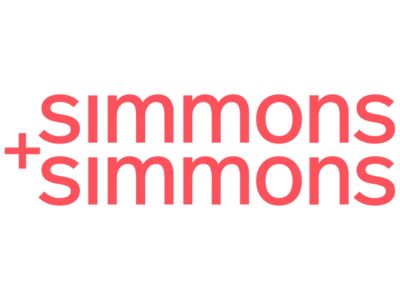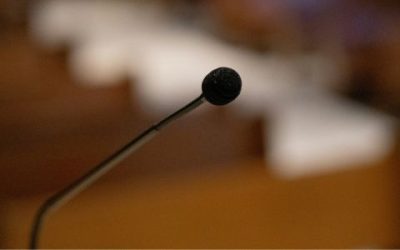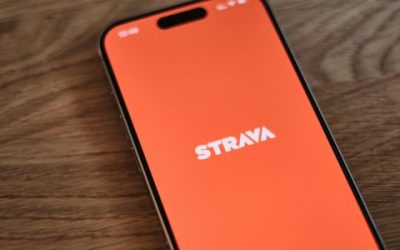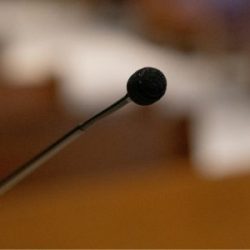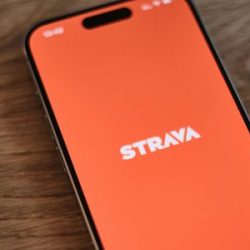On January 16, 2025, the Unified Patent Court (UPC) retained jurisdiction to rule on the determination of damages following a finding of infringement by a national court and also to rule on acts before it entered into force.
The UPC thus continues to resist all attempts to limit its competence and offers an interesting outlook, in particular in the context of standard essential patents litigation.
The case
After the Düsseldorf Regional Court finally sentenced a defendant to stop infringement of a European patent and to the rendering of accounts, the claimant filed a request for a determination of damages before the UPC.
Articles 32(1)(a) and 68 UPCA provide for its competence in the declaration of infringement and award of damages. Under Rule 125 Rop, damages award proceedings are separate from the infringement proceedings.
Under the ground that jurisdiction is withdrawn if a national court had already delivered a final judgment on a national part of a European patent, the first instance court held the application inadmissible.
Jurisdiction of the UPC
For the Court of Appeal, Article 32(1)(a) UPCA does not explicitly prescribe jurisdiction for standalone damages determination proceedings but does not exclude it.
Neither the other articles, the Brussels Regulation, nor the Rules of Procedure before the UPC provide further guidance on the interpretation in favor of or against such standalone character.
Only article 32(1)(f) UPCA provides for damages determination separated from an infringement declaration. This provision relates to provisional protection based on a patent application, but the Court of Appeal sees no reason to consider both types of damages differently.
Also, the Court of Appeal notes that in the hypothetical case where parties agree on infringement, the UPC would simply have to determine the damages to be paid.
This case is thus covered by the Rules, and there is no reason to consider the situation of a finding of infringement from a national court differently.
The court of appeal thus finds the request by the claimant admissible and remits the case back to the first instance.
Damages for pre-UPC acts
Whether the UPC can rule on acts committed before its entry into force was already decided by both the Munich and Paris local divisions.
In a very brief reasoning, pointing to the absence of any provision on a temporal limit on its jurisdiction, the Court of Appeal confirms the UPC’s jurisdiction on past acts.
Outlook in the FRAND space
The UPC admitted a new type of action but for a limited period of time since national courts retain their competence over European patents only for the transitional period.
However, incidentally, the Court of Appeal may also have paved the way for the fair, reasonable, and non-discriminatory (FRAND) setting determination proceedings. In the fierce competition between courts, where the competence for such determination has already been affirmed in the United Kingdom, China, or France, the UPC also held that this would be possible as a defense to an infringement action.
The Court of Appeal now held that once “the defendant admits the infringement, the Court can then limit itself to assessing the damages.”
However, when implementers request a FRAND license, don’t they admit infringement of at least one essential patent? In such a case, just like in the scenario imagined by the Court of Appeal, could the UPC then limit itself to the determination of the FRAND rate?

Written by Abdelaziz Khatab
UPC Representative, European Patent Attorney, Simmons & Simmons LLP
You may also like…
China’s push to lead AI-driven communication: patents, innovation, and global competition
On a technical level, one of the most significant trends in the global information and communication industry today is...
Director Review reverses PTAB decision based on contradictory expert testimony in Interactive Communications v. Blackhawk Network Inc.
The USPTO Director's recent reversal of a Patent Trial and Appeal Board (PTAB) Final Written Decision in Interactive...
Survival of the fittest: Strava sues Garmin for patent infringement
Fitness app company Strava has recently made waves in the running and cycling communities after suing Garmin for...
Contact us to write for out Newsletter



